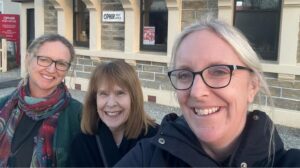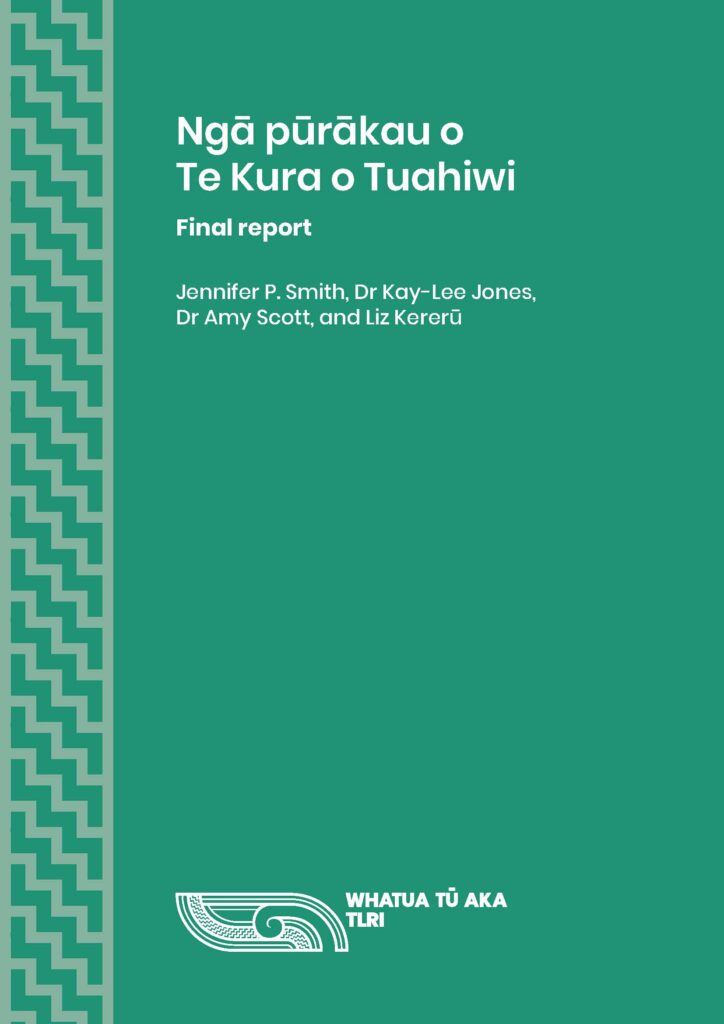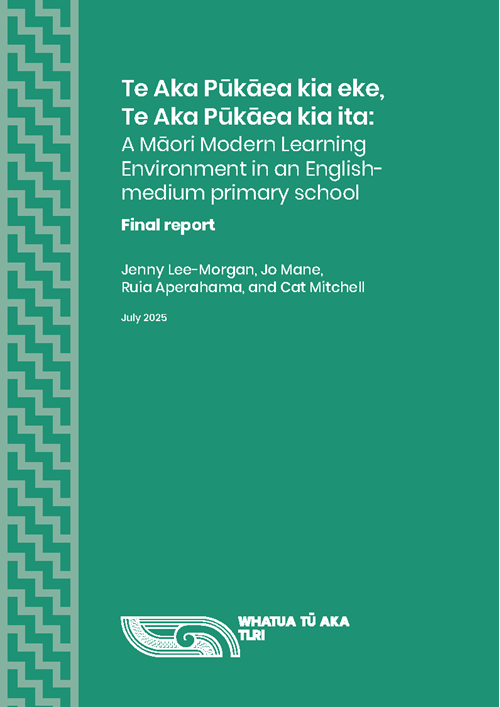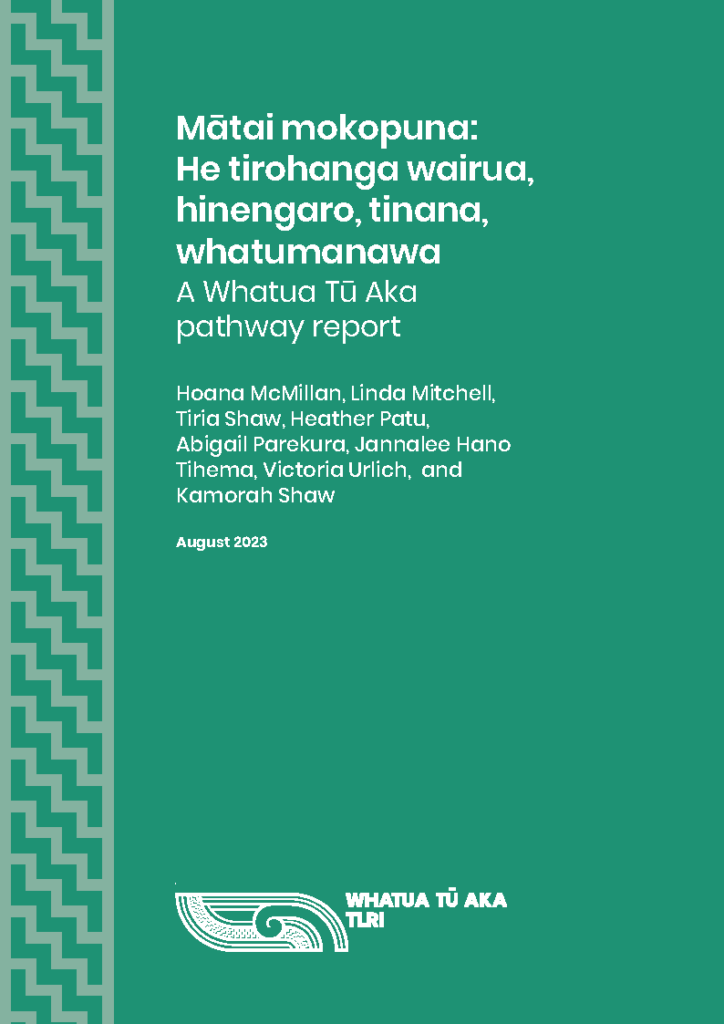Intro / Project description
Every child has the right to an education, but not all children in Aotearoa New Zealand experience quality mathematics learning. Disabled and neurodivergent children are at risk of being excluded from rich mathematics instruction, despite both inclusion and mathematics learning being areas of strategic importance. In this project, researchers partner with teachers in two small rural schools and two larger city schools. Using a collaborative lesson study approach, the team works together to develop inclusive mathematics lessons using Universal Design for Learning principles so that all children experience a sense of belonging and high-quality learning in mathematics.
Aims
Our project will contribute to knowledge about inclusive mathematics teaching in classrooms that are unique to Aotearoa’s urban and rural school settings. We understand inclusion to mean that every child is present, participating, achieving and has a sense of belonging as a confident mathematics learner in their school community. Inclusion is also a process in which teachers recognise and respond to the barriers that can get in the way of some children’s quality mathematics learning. A key focus of the project is for researchers and teachers to work together to understand, recognise and respond to those barriers drawing on the principles of Universal Design for Learning (UDL) to explore strategies teachers might use to address those barriers. Our research questions also help us understand how children experience inclusion during mathematics planned with a UDL approach; and how teachers can develop their capabilities to lead and mentor inclusive mathematics teaching practices.
Why is this research important?
Research about inclusive mathematics teaching in classrooms where disabled and neurodivergent children learn alongside their peers at their local school is scarce nationally and internationally. This project responds to gaps in teacher knowledge of inclusive teaching approaches for mathematics; to teachers’ concerns about their own capability and confidence to teach the diverse range of students in their classroom; and to the limited professional learning opportunities and supports available to teachers in this area. While our research focuses on mathematics teaching, we also see potential to contribute knowledge about inclusive teaching practices and teacher collaboration more broadly across the curriculum.
What we plan to do
Year 1: Six teachers work with researchers planning four iterative mathematics lessons based on UDL.
Year 2: Participating teachers take a leadership role with a new group of teachers to conduct the same lesson study process with the research team’s support.
Year 1 begins and concludes with interviews with participating teachers; teacher aides; some students and their whānau. Teachers plan a mathematics lesson aiming to reduce potential barriers to student learning. The lesson is taught and videorecorded using IRIS Connect technology, children record their thoughts about the lesson on exit notes. Teachers and researchers view, reflect on, and discuss the recorded lesson. Consideration is given to enhancing inclusion and the next iteration begins. In year 2 teachers invite colleagues to participate and lead them through the UDL lesson study process. Final interviews will be held with lead teachers along with focus group interviews with new teachers to the study.





